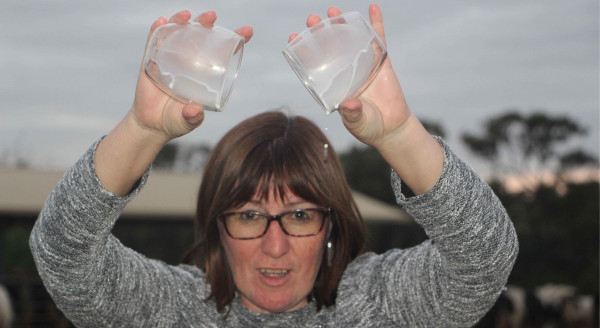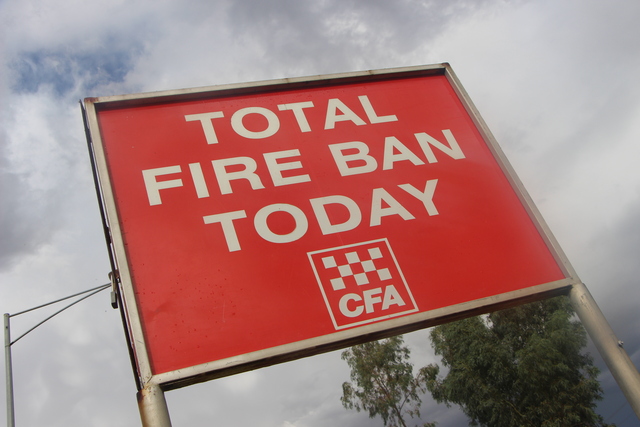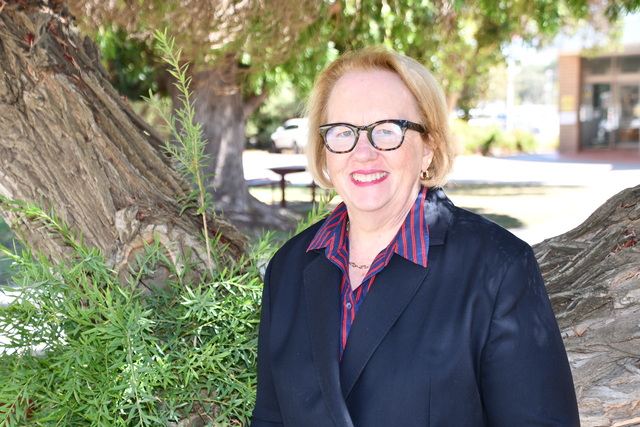
DAIRY processor Murray Goulburn has announced a $31.9 million loss for the half year to December 31.
The loss is coupled with a 20.6 per cent reduction in milk delivered to the company, which was largely a result of dairy farmers leaving the processor after it cut prices in May last year.
Revenue also fell, down 14.8 per cent to $1.2 billion, while the company has net debt of $677 million – a 72.3 per cent increase on the same time last year.
In its statement on February 24 the company said the potential remained for a three-cent milk price step-up from $4.92 per kilogram to $4.95 per kilogram.
It said this price was “subject to there being no further material deterioration in milk intake, dairy commodity prices” and the value of the Australian dollar.
MG chief executive officer, Ari Mervis said the first half of the financial year had been “a particularly challenging time for MG”.
“Record rainfalls and high levels of competitor activity have reduced our milk intake, impacting revenue and our ability to fully recover fixed costs and overheads,” he said.
“In addition, although the recent increases in the global prices of dairy commodities are welcome, they have not recovered in time to impact on MG’s first half sales volume.”
Mr Mervis said the release of cash from working capital and continued improvement in cost efficiencies would be key focuses in the second half of this financial year.
Mead dairy farmer and Murray Goulburn supplier Di Bowles said there were no surprises in the announcement.
“I understand that they’ve gone through some pretty tough times, as we all have, and we can’t expect a miracle immediately,” she said.
“I think they’re stating the facts as they are and that’s what we need, because there’s not a lot of trust left with Murray Goulburn or any suppliers to be honest.
While some farmers had hoped for a milk price increase, Mrs Bowles said that wasn’t realistic at this stage.
“Some people will probably say they were looking for a step-up, but if there’s no money there don’t do it,” she said.
There has been speculation about factory closures, and Mrs Bowles said she considered the closure of Murray Goulburn’s Rochester facility a definite possibility.
“I think there are still some question marks around things like the future of the factory at Rochester,” she said.
“I think it’s sad for the people who work in those factories but I think Murray Goulburn needs to cut back costs wherever they can and that’s exactly what we’ve done on-farm.”
















